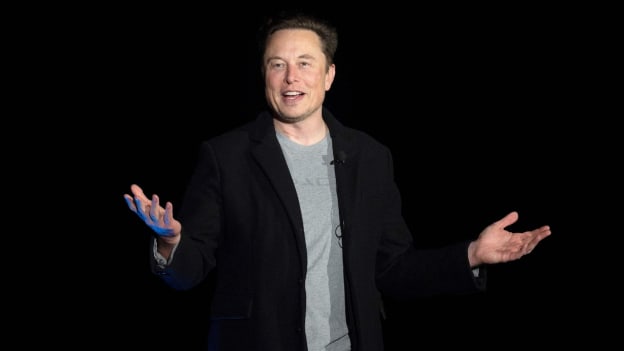Tesla, Twitter, and SpaceX employees called back to the office as Elon Musk labels remote work a moral issue

Seeking a remote work opportunity? You might want to explore options outside Elon Musk's companies. The CEO of Tesla, SpaceX, and newly-acquired Twitter expressed his perspective on work-from-home, stating it as a moral concern. Musk emphasised his preference for employees to be physically present in the office, even if it doesn't entail the full 40-hour work week.
“I am a big believer that people are more productive when they are in person. It’s a bit like the fake Marie Anotoinette quote ‘let them eat cake’. Really, you’re gonna work from home? And you’re gonna make everyone else who made your car come work at the factory? The people who make your food that gets delivered, they can’t work from home? The people who fix your house, they can’t work from home but you can? Does that seem morally right? It’s messed up” ,” Musk said during an interview with CNBC.
Musk joins the ranks of numerous executives in large organisations who advocate for in-office attendance, a trend likely to continue. Amidst the pandemic, remote work became a favoured model for many individuals in white-collar positions, enabling businesses to operate during necessary lockdowns aimed at curbing the spread of Covid-19.
However, despite the convenience of working from home, a significant portion of the workforce capable of fulfilling their responsibilities remotely still chooses not to return to the office.
The same report by CNBC also stated that work-from-home arrangements experienced a significant decline in India before the conclusion of 2022. By October of that year, over 70 per cent of Indian companies had transitioned to a hybrid model, necessitating employees to be physically present in the office for at least a few days each week.
In January 2022, remote work still constituted over half of all job roles. However, as companies began recalling employees to the office, the number of resignations surged.
Although studies have indicated a decline in productivity when individuals work from home, Elon Musk's endeavour to present remote work as a moral issue could spark a meaningful discussion.
A survey conducted among more than 10,000 skilled professionals at HCL Technologies, a Mumbai-based software services provider with a valuation of $35 billion, revealed that "hours worked increased, output slightly declined, and productivity decreased by 8 per cent to 19 per cent," as reported in a study published in the University of Chicago press journals in February 2023.
Additionally, Musk exemplified his work ethic by sharing that he dedicates himself to working seven days a week, with a mere six hours of sleep, and rarely takes more than a couple of days off in a year from his various business responsibilities.
While he encouraged his employees to prioritise their weekly rest and vacations, he expressed strong disapproval towards the idea of persistent work-from-home arrangements for specific roles. In fact, he candidly referred to it as "bullshit" during the interview, reported CNBC.















